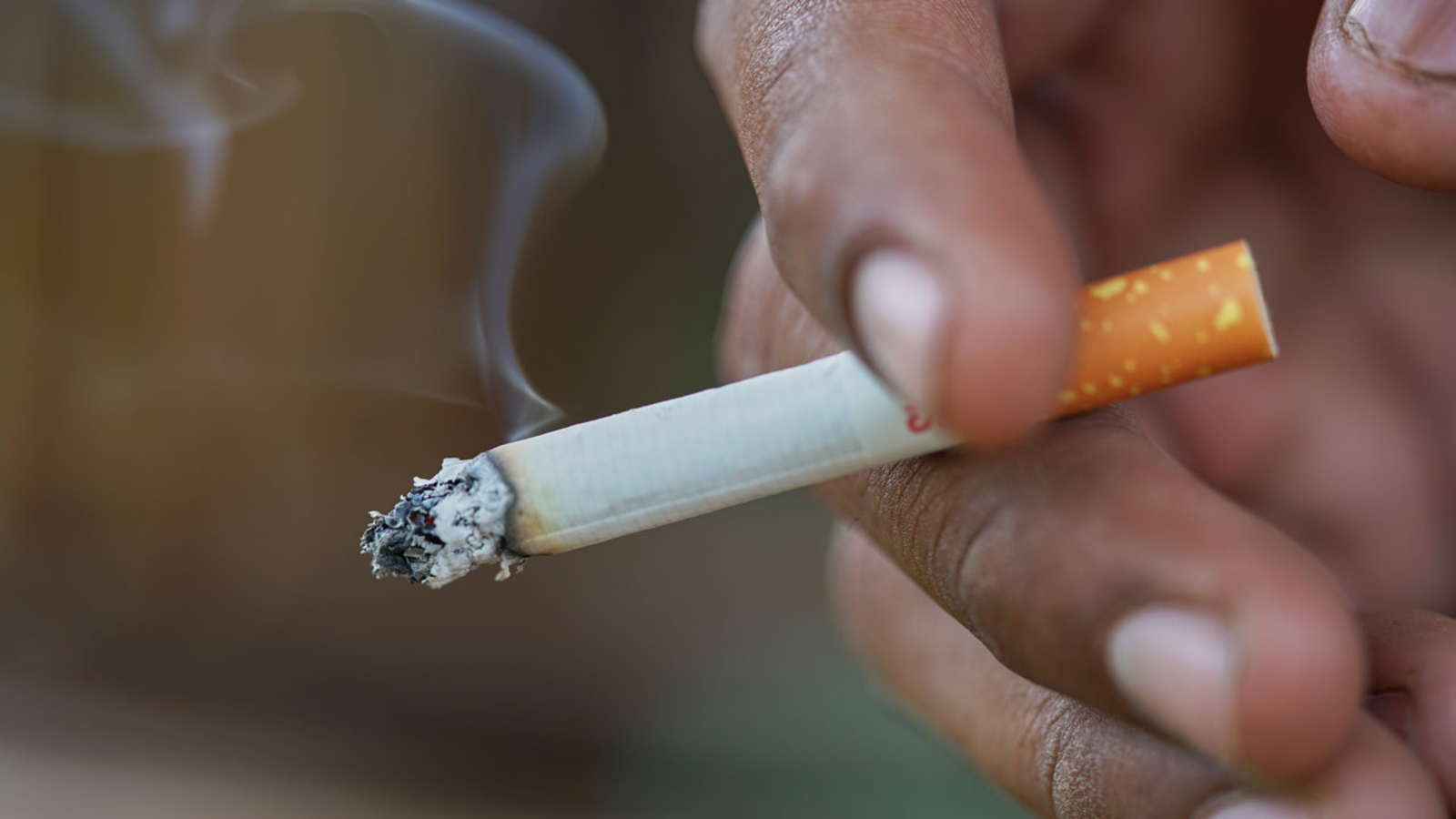CNN — About 40% of new cancer cases among adults ages 30 and older in the United States – and nearly half of deaths – could be attributed to preventable risk factors, according to a new study from the American Cancer Society.
“These are things that people can practically change how they live every single day to reduce their risk of cancer,” said Dr. Arif Kamal, chief patient officer with the American Cancer Society.
Smoking was the leading risk factor by far, the study found, contributing to nearly 1 in 5 cancer cases and nearly a third of cancer deaths. Other key risk factors included excess body weight, alcohol consumption, physical inactivity, diet and infections such as HPV.
Overall, researchers analyzed 18 modifiable risk factors across 30 types of cancer. In 2019, these lifestyle factors were linked to more than 700,000 new cancer cases and more than 262,000 deaths, the study found.
Cancer grows because of DNA damage or because it has a fuel source, Kamal said. Other things – such as genetics or environmental factors – can also create these biological conditions, but modifiable risks explain a significantly larger share of cancer cases and deaths than any other known factors. Exposure to sunlight can damage DNA and lead to skin cancer, for example, while fat cells produce hormones that can feed certain cancers.
“With cancer, it oftentimes feels like you have no control,” Kamal said. “People think about bad luck or bad genetics, but people need to feel a sense of control and agency.”
Certain cancers are more preventable than others, the new study suggests. But modifiable risk factors contributed to more than half of new cases for 19 of the 30 types of cancer evaluated.
There were 10 types of cancer where modifiable risk factors could be attributed to at least 80% of new cases, including more than 90% of melanoma cases linked to ultraviolet radiation and nearly all cases of cervical cancer linked to HPV infection, which can be prevented with a vaccine.
Lung cancer had the largest number of cases attributable to modifiable risk factors – more than 104,000 cases among men and 97,000 among women – and the vast majority were linked to smoking.
After smoking, excess body weight was the second largest contributor to cancer cases, linked to about 5% of new cases in men and nearly 11% of cases in women. It was associated with more than a third of deaths from cancer of the endometrium, gallbladder, esophagus, liver and kidney, the new study found.
Another recent study found that the risk for certain cancers was significantly reduced for people taking popular weight-loss and diabetes medications such as Ozempic and Wegovy.
“Obesity is emerging, in some ways, as just as potent of a risk for people as smoking is,” said Dr. Marcus Plescia, chief medical officer for the Association of State and Territorial Health Officials. He was not involved in the new study, but has prior experience working on cancer prevention initiatives.
Intervening on a set of “core behavioral risk factors” – quitting smoking, eating well and exercising, for example – can make a “dramatic difference in the rates and outcomes of chronic diseases,” Plescia said. And cancer is one of those chronic diseases, just like heart disease or diabetes.
Policymakers and health officials should work to “create environments where it’s easier for people, where the healthy choice is the easy choice,” he said. And it’s particularly important for people who are living in historically disadvantaged neighborhoods, where it might not be safe to exercise or easy to get to a store with healthy food.
As rates of early-onset cancer rise in the US, it’s especially important to create healthy habits early, experts say. It’s harder to quit smoking once you’ve started or lose weight that you’ve gained.
But “it’s never too late to make these changes,” Plescia said. “Turning (health behaviors) around later in life can make a profound difference.”
And making lifestyle changes to minimize exposure to certain factors can reduce cancer risk relatively quickly, experts say.
“Cancer is something your body fights every single day as your cells divide,” Kamal said. “It’s a risk that you face every day, and that also means that the reduction of the risks can benefit you every day as well.”
The-CNN-Wire
& 2024 Cable News Network, Inc., a Warner Bros. Discovery Company. All rights reserved.
